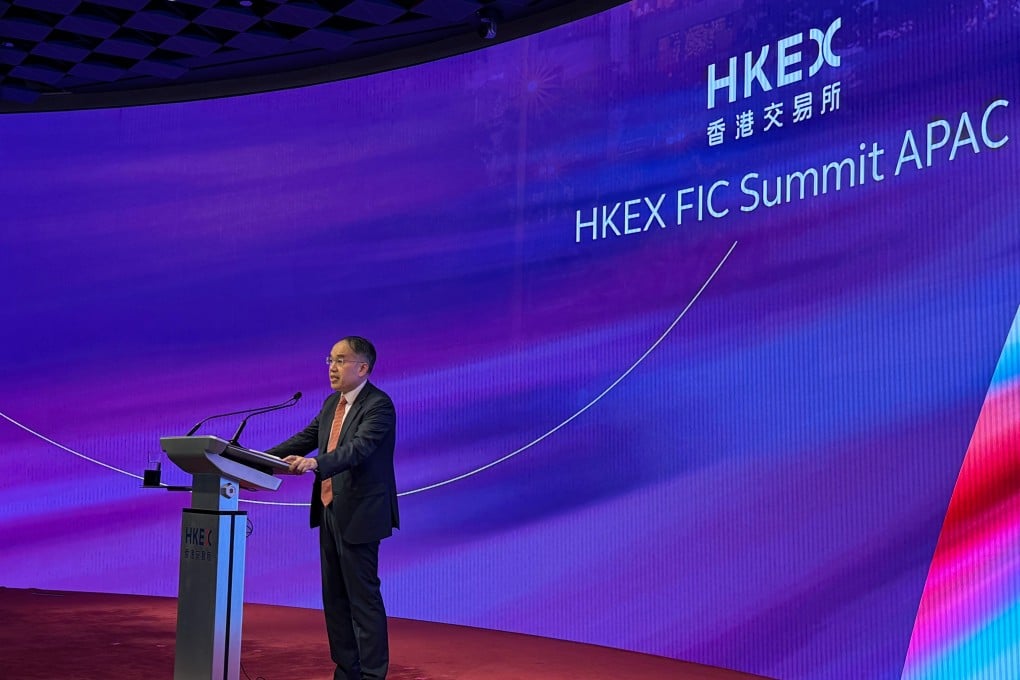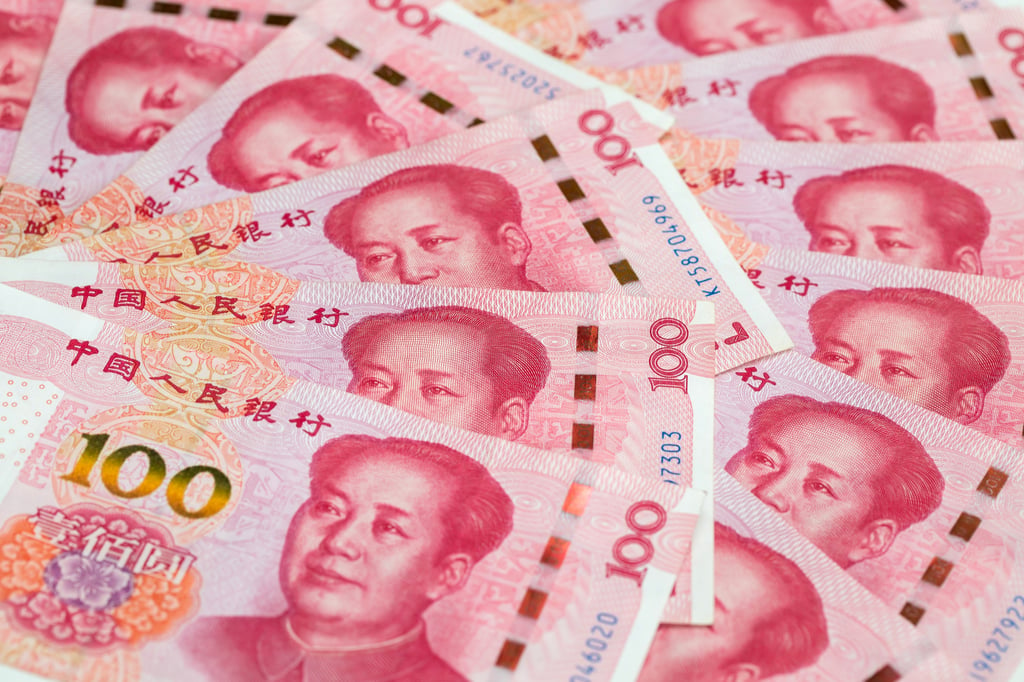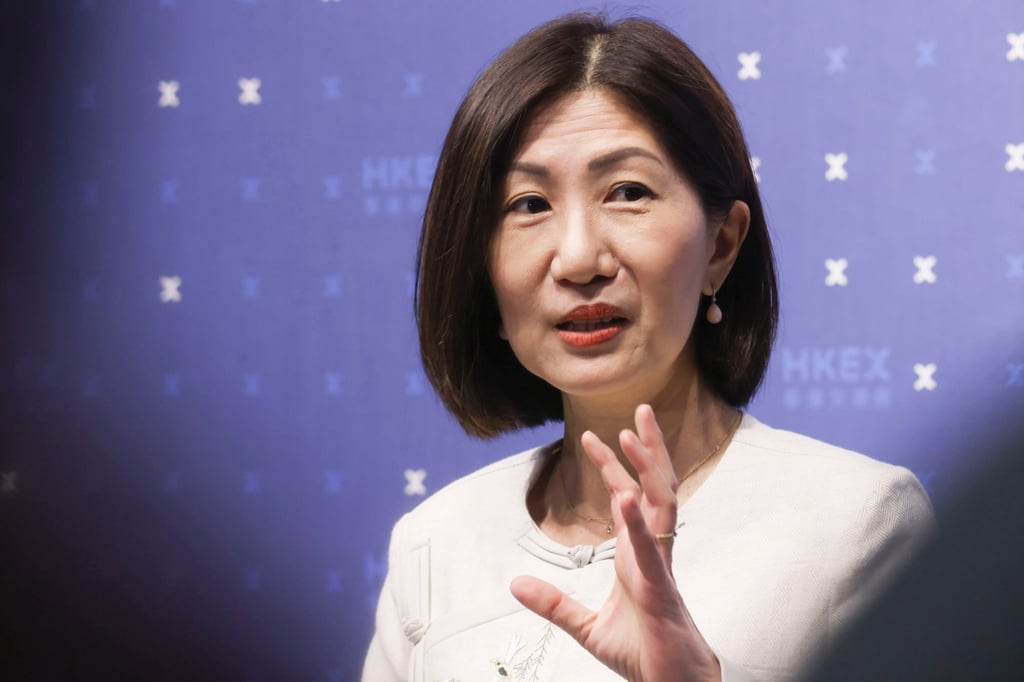Hong Kong eyes more capital inflows with wider use of yuan in trade, investment
HKEX is working to enable foreign investors to use Chinese government bonds as collateral for northbound Swap Connect transactions

Hong Kong can attract more capital inflows as it strengthens its role as a financial corridor for global investors to access the Chinese currency and tap growth opportunities in the Greater Bay Area, a government official said.
The yuan, also called the renminbi, has risen to become the fourth most active currency for global payments with a 4.7 per cent share, according to a ranking published in August this year by Swift, a global financial network used by lenders to communicate with each other.
“As we facilitate the growth of the yuan, we also open doors for international investors looking to capitalise on the mainland’s economic potentials,” Christopher Hui Ching-yu, secretary for financial services and the treasury, said on Tuesday. “Our position as a financial conduit for yuan transactions allows us to attract global capital, creating a win-win scenario that benefits all parties involved.”

Hui spoke at the HKEX FIC Summit APAC 2024 event in Central organised by bourse operator Hong Kong Exchanges and Clearing (HKEX). The summit is an annual event with a focus on the fixed income market.
While the yuan is not yet fully convertible, China has allowed Hong Kong to operate several yuan-based businesses since 2004 before promoting its wider usage globally from 2009. Hong Kong is at the forefront of these efforts, which will help the city’s position as the leading yuan centre outside mainland China, Hui said.
HKEX CEO Bonnie Chan Yiting said the exchange is making changes to allow global investors to use yuan-denominated sovereign bonds as acceptable instruments for Swap Connect transactions. That will be in addition to an array of measures in the past that has made the city the biggest offshore yuan hub.

